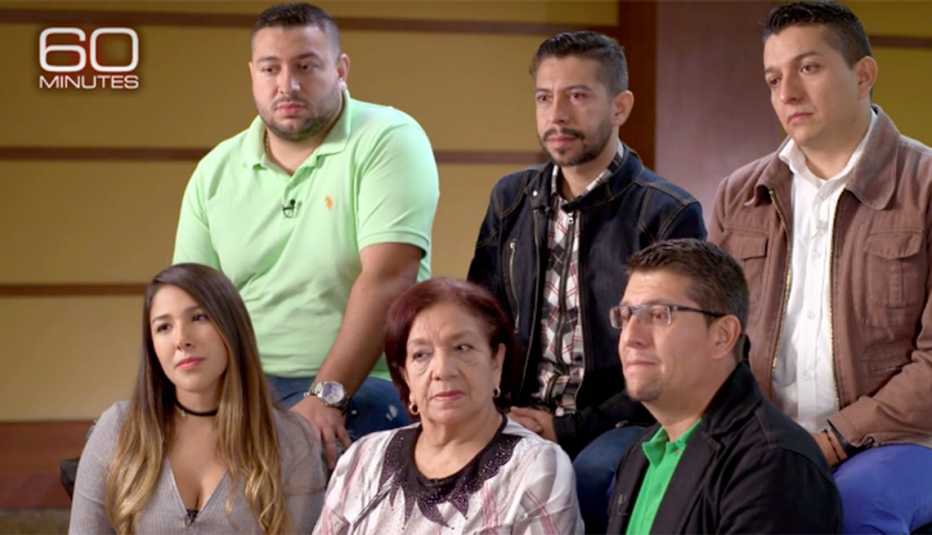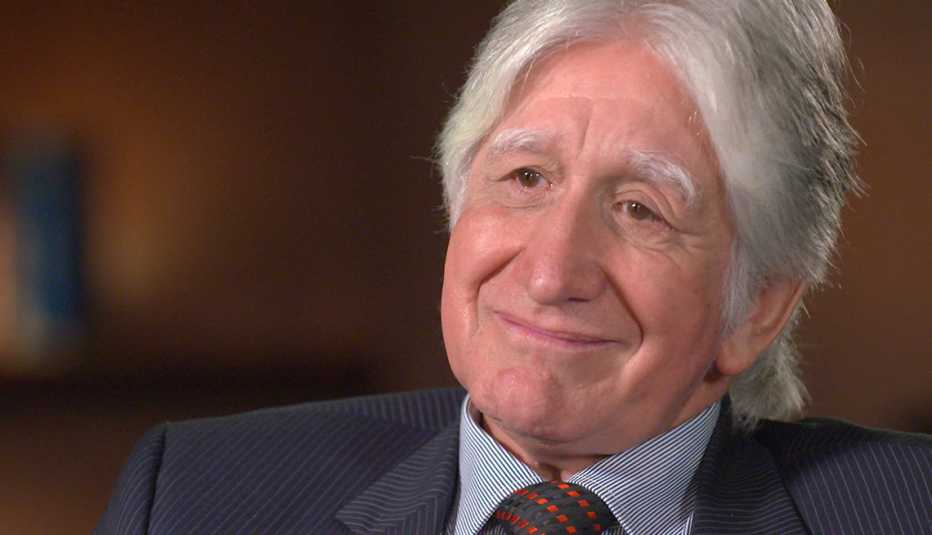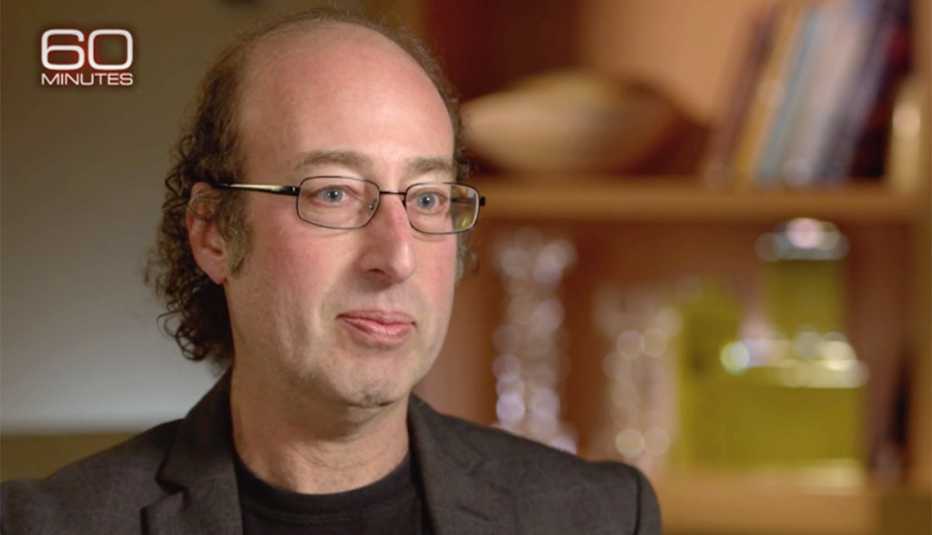Staying Fit


An extended family in Colombia is providing the research world a one-of-a-kind opportunity to observe whether preventing Alzheimer's disease is possible.
Francisco Lopera, a clinical and behavioral neurologist at the University of Antioquia, had observed a rash of early-onset Alzheimer's cases in and around Medellin, the capital of Colombia’s Antioquia province. He and his nurse Lucia Madrigal, who had relatives suffering from the disease, began researching and traced the symptoms back hundreds of years in the community. They found that all of the different local families were actually one large extended family with common ancestors who had died young of "softening of the brain." What they had discovered was the largest concentration of people worldwide to carry a rare genetic defect that makes them 100 percent certain to develop Alzheimer's disease, reports CBS' 60 Minutes. In particular, the mutation causes early-onset dementia, which strikes people in their mid-40s and leads to early death.


AARP Membership— $12 for your first year when you sign up for Automatic Renewal
Get instant access to members-only products and hundreds of discounts, a free second membership, and a subscription to AARP the Magazine.
Lopera eventually teamed up with an American professor, Kenneth S. Kosik, M.D., who helped to identify the responsible gene, E280A, that was causing the disease to run rampant in this family, and helped obtain grant funding for an important trial research project, including $15 million from the National Institutes of Health. The project will enroll 300 members of the extended family, which suffers from a specific mutation in the gene. Their unique situation offers many opportunities for researchers, Kosik, a neurologist and professor at the University of California, Santa Barbara, tells AARP.


Getting ahead of the symptoms
"People in the Alzheimer's field have been searching for a drug [to treat the disease] with quite a few failures in the last few years," Kosik says. "The idea surfaced a number of years ago that we could make an inroad if we catch the disease before symptoms strike."


































































More on health
Computers, Crafts, Games, Social Activities May Help Protect Memory
Online shopping, playing cards and spending time with friends are all linked to better brain health as we age
20 Questions to Ask When Dementia is Diagnosed
UCLA experts say information can help patients and families through next steps
Make Brain-Boosting Habits Stick
These easy everyday behaviors can help boost your brain